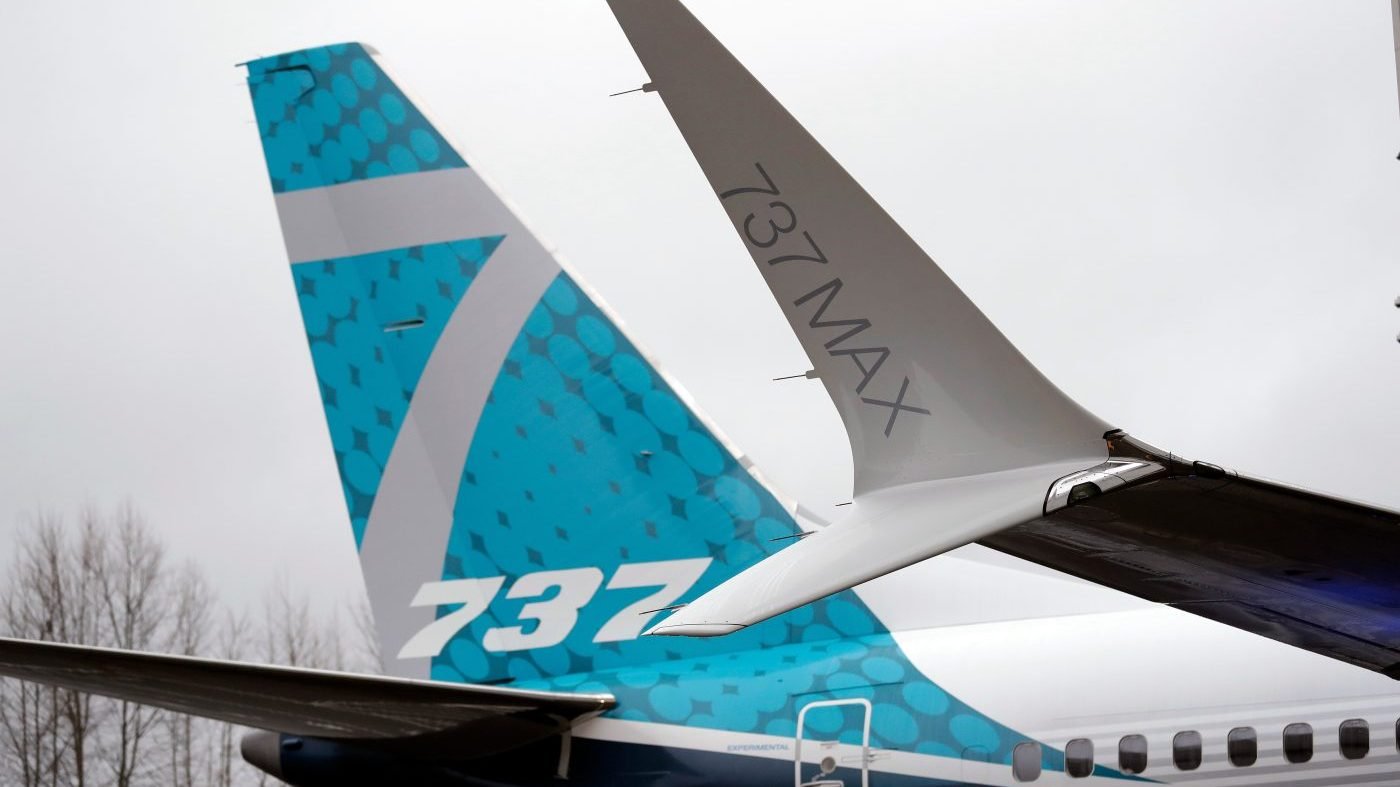Facing intense scrutiny following an incident in which a door plug blew out on a 737 Max over Oregon, Boeing announced on Monday that it is retracting a request for a safety exemption crucial to certify a new model of the plane. Last year, the company sought permission from federal regulators to commence deliveries of its 737 Max 7 airliner, even though it did not meet a safety standard aimed at preventing engine housing parts from overheating and breaking off during flight.
The recent blowout of a door panel on a different version, the Max 9, during an Alaska Airlines flight triggered concerns about Boeing’s commitment to safety. This incident, which occurred on January 5, resulted in a noticeable hole in the fuselage. In response to the heightened scrutiny, Boeing faced criticism from Democratic Senators Maria Cantwell and Tammy Duckworth, urging the Federal Aviation Administration (FAA) to reject the safety exemption request. On Monday, Boeing announced its decision to withdraw the request.
Democratic Senator Duckworth expressed relief at Boeing’s decision, stating, “I hope this decision marks the beginning of a turnaround in Boeing’s safety culture.” The company acknowledged its commitment to transparency and affirmed its dedication to strengthening safety and quality measures.
The safety standard in question pertains to an anti-icing system, impacting various models of the 737 Max already in operation. Federal officials had previously highlighted Boeing’s efforts to address the hazard on existing Max planes. In the interim, regulators advised pilots to limit the de-icing system’s use in dry conditions due to the risk of engine inlet overheating, potentially causing parts of the housing to break away.
The specific issue affects only the Max series, distinguished by engine inlets made from carbon composite materials rather than metal. Boeing sought an exemption until May 2026 to continue delivering its new Max 7 model while working on a permanent fix.
Boeing stated that it believed its initial exemption request adhered to established FAA processes for safe operation. However, the company opted to incorporate an engineering solution during the certification process rather than pursuing the exemption. Senator Cantwell responded positively to this decision, expressing hope for a swift development of a compliant design across other Max planes.
Following the in-flight incident, the FAA grounded all Max 9s in the U.S., but last week, the agency approved an inspection and maintenance process, allowing Alaska and United Airlines to resume Max 9 operations. Southwest Airlines, the primary Max 7 customer, removed the model from its 2024 fleet plans while Boeing collaborates with the FAA on certification.
Boeing has faced challenges with the 737 Max, which went into service in May 2017. Two crashes in 2018 and 2019 led to a global grounding for nearly two years. Recent interruptions in Max deliveries addressed manufacturing flaws, and airlines were instructed to inspect the planes for a possible loose bolt in the rudder-control system.
Boeing’s Commercial Airplanes president and CEO, Stan Deal, acknowledged the company’s shortcomings in a message to employees, expressing deep regret for the disruptions and frustrations faced by customers. The company’s immediate focus is assisting airlines in restoring operations and addressing concerns raised by the recent incidents.
Paris sightseeing
Book Paris activities
Louvre museum paris
Paris limousine rental
Rolls Royce Paris
Eiffel Tower Paris
Airport Transfer Paris
Book Paris Taxi
Seine River Cruise
Wine Tasting Paris
Paris luxury hotels
Switzerland luxury hotels
Europe Car rental
Europe coach rental
Paris Limousine
Dior Paris
Beauvais Airport transfer
